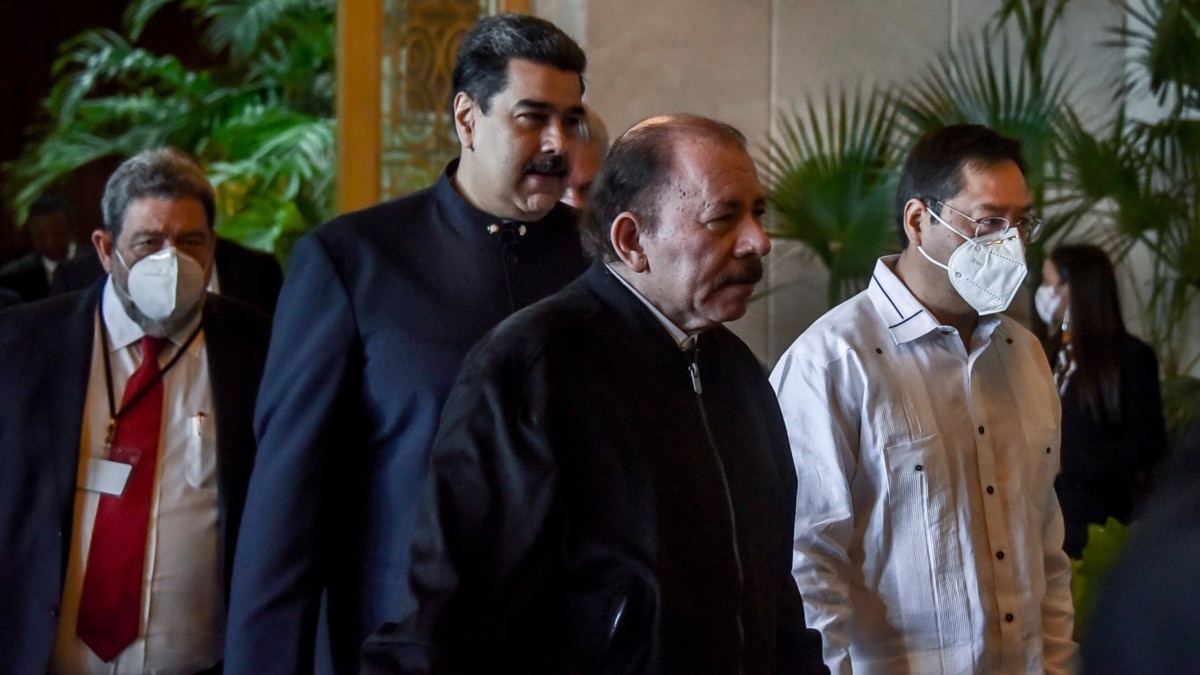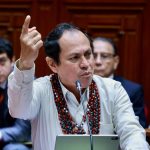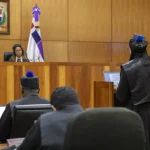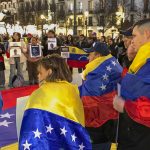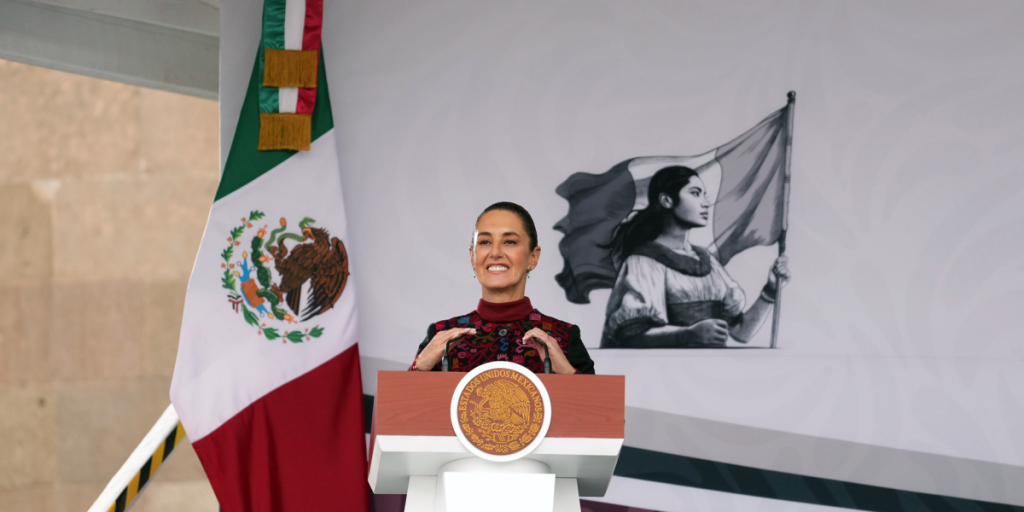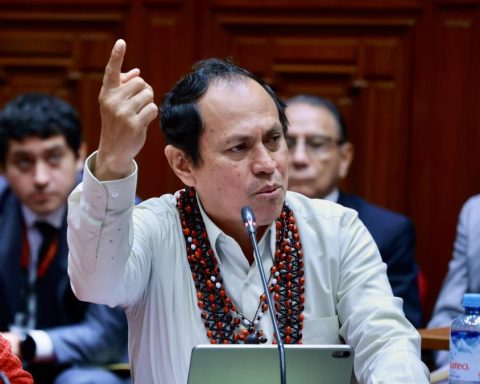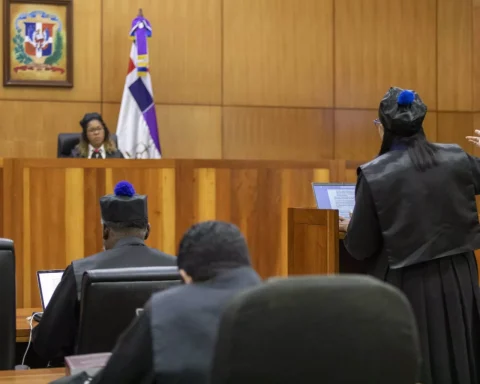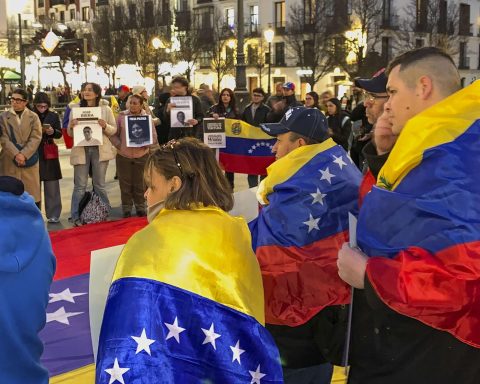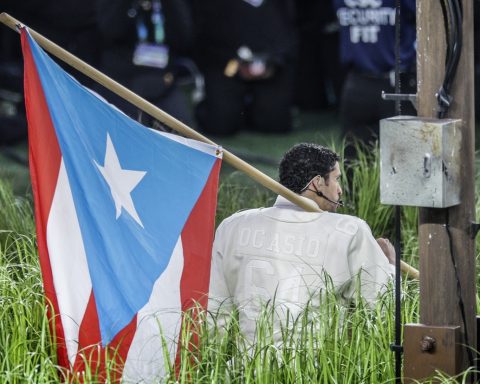The president of Nicaragua, Daniel Ortega, sent to the National Assembly a proposal to reform at least a hundred articles of the Political Constitution to extend, among other things, the presidential term from five to six years.
In the proposal, the Sandinista government also recommends the creation of the figure of a “co-president” and a “co-president”, who would be elected “through universal suffrage.” Both the co-president and the co-president would have the same power.
The term “co-president” was used by Ortega informally during a speech some time ago, but without legal support for it. Ortega then named his wife, Vice President Rosario Murillo, de facto “co-president.”
The “co-presidents” could appoint vice presidents “who will perform functions assigned to them,” according to the initiative.
The proposal was submitted on Tuesday before the National Assembly, dominated by the ruling party, and is expected to be debated and approved expeditiously.
The president of the Assembly, Gustavo Porras, described the extensive reform as a “modernization of the Magna Carta.”
Presidency above the other powers
The constitutional changes requested by Ortega also aim to disrupt national symbols. The government requested that the flag of the ruling Sandinista Front party be elevated to the status of a national symbol.
On the other hand, the government requested to have the power to “order the intervention of the Nicaraguan Army in support of the National Police, when the stability of the Republic requires it.”
The reform also establishes that the presidency will have complete control over the other powers of the State. “The Presidency of the Republic exercises the head of State and Government.”
He adds that “power resides in the people, and is exercised through direct democracy and the protagonism of the person, the family and the community.”
Reactions
Various sectors of the Nicaraguan opposition have rejected the constitutional reform proposal. Businessman and former presidential candidate Juan Sebastián Chamorro said that the new Constitution will be “despotic”, since it eliminates the form of government with “separation of powers” and establishes “the official flag.”
“Because of this violation of constitutional rights, some people will say that this is what happened in practice, but this is extremely serious. As Nicaraguans we must be aware of the magnitude of these changes. We must not accept it”
Meanwhile, the Inter-American Legal Assistance Center on Human Rights (CALIDH), a Nicaraguan NGO formed in Argentina, described the text of the reform as an “irreversible distortion of the constitutional text” that “elevates to constitutional rank the absolute distortion to which (Daniel Ortega) has subjected the State.”
The constitutional reform proposal was received by the National Assembly to be approved in its first legislature this year and ratified next year.
Nicaragua has been experiencing a political crisis for more than six years since protests arose against President Daniel Ortega, who has governed the Central American country since 2007.
Opponents classify Ortega as “a dictator” who has established himself in power through “electoral fraud” and maneuvers in the Political Constitution.
The ruling party has cataloged the proposals for constitutional reforms as the “consolidation of what we have advanced in this revolutionary process.”
“It is a Constitution that consolidates what we have advanced in this revolutionary process of all Nicaraguans,” said the president of the legislative branch, Gustavo Porras, sanctioned by the United States for violation of human rights.
Connect with the Voice of America! Subscribe to our channelsYouTube, WhatsApp and to newsletter. Turn on notifications and follow us on Facebook, x and instagram.
